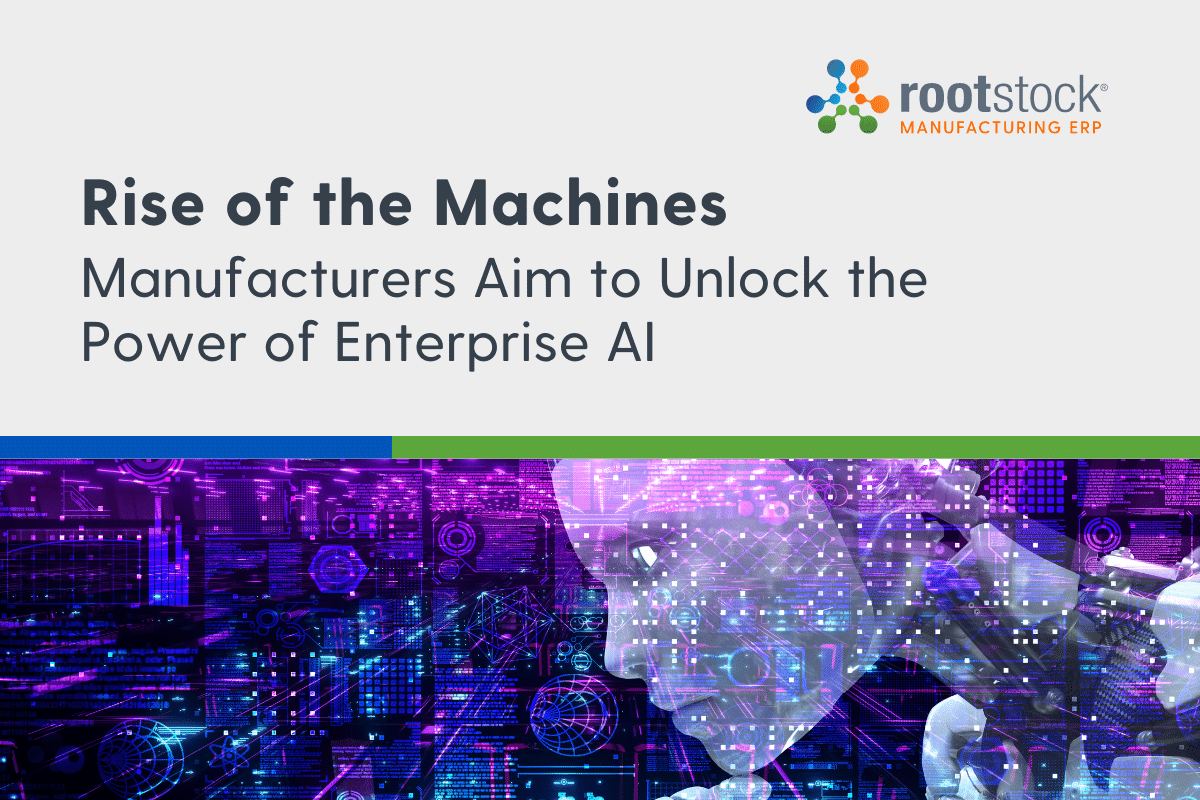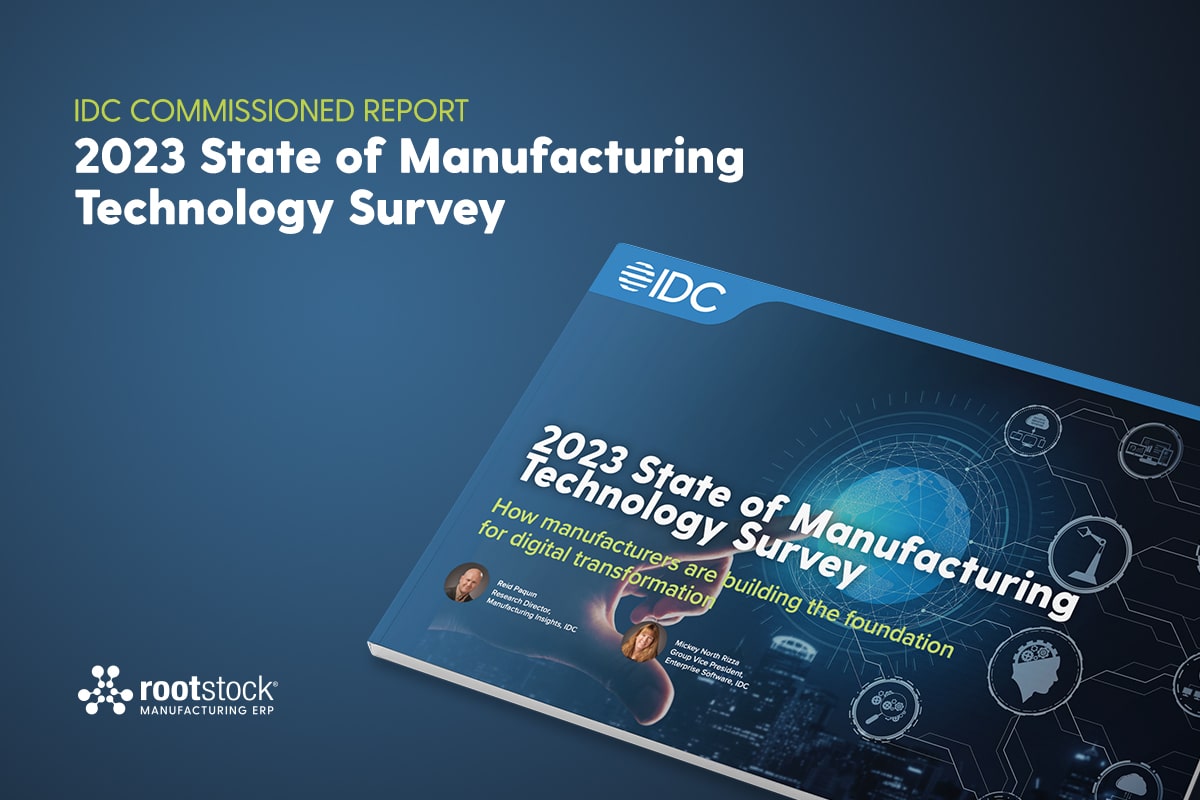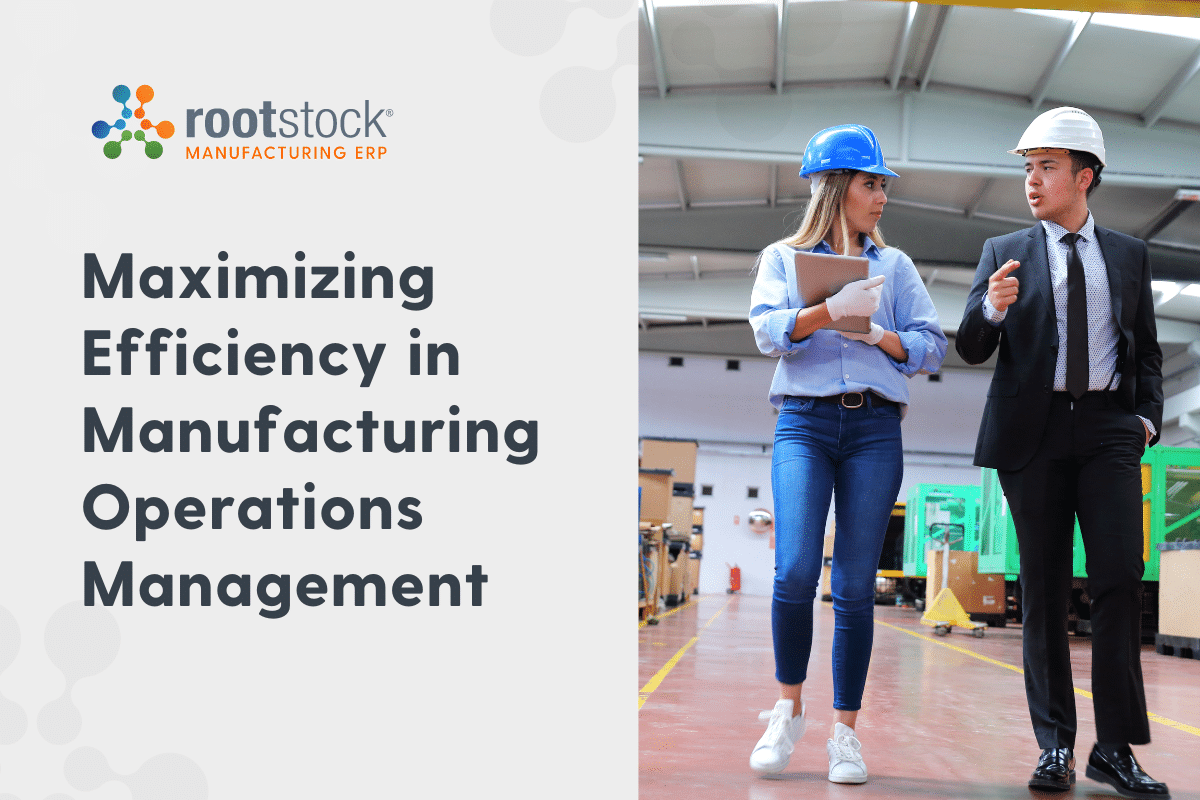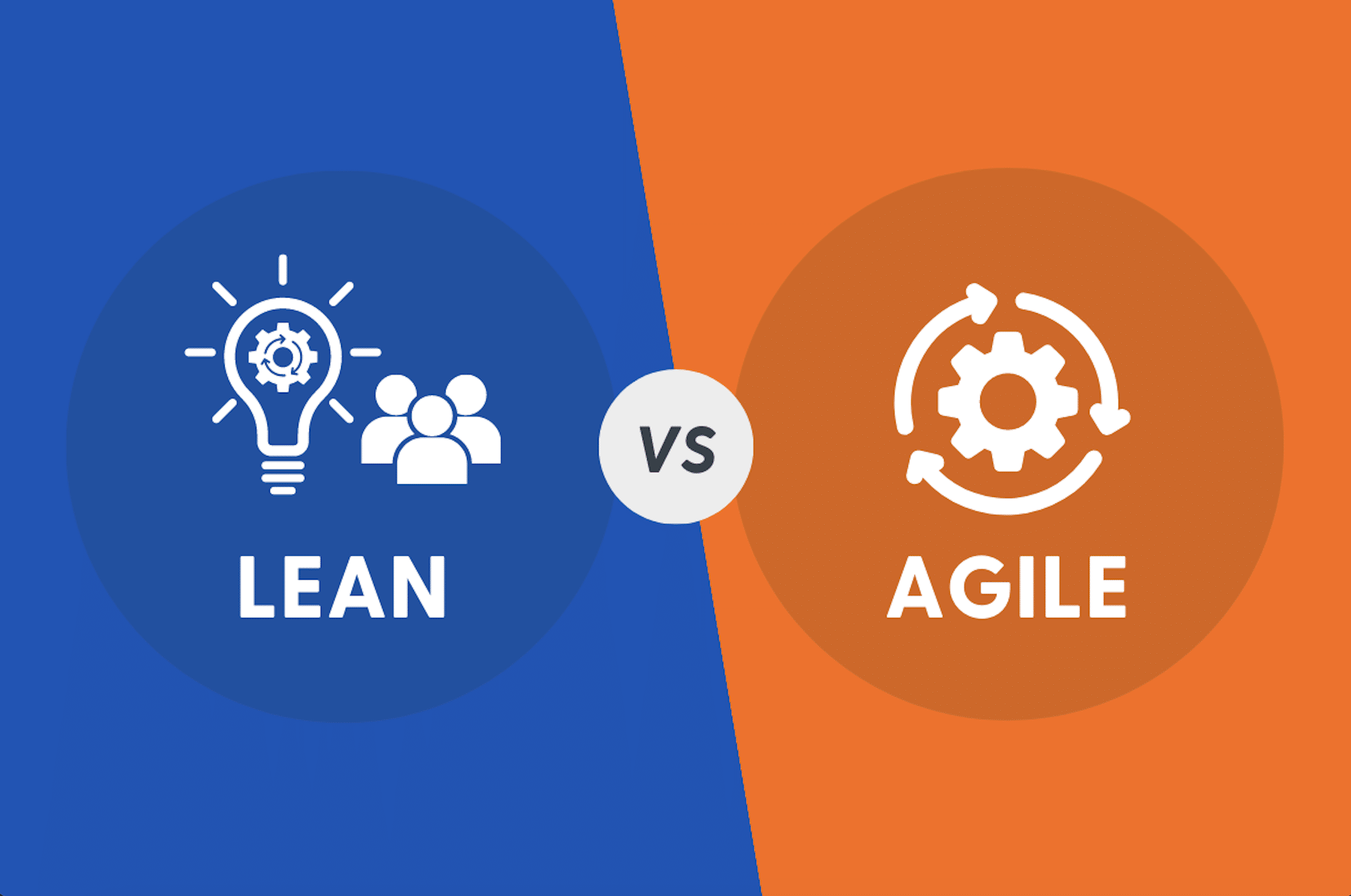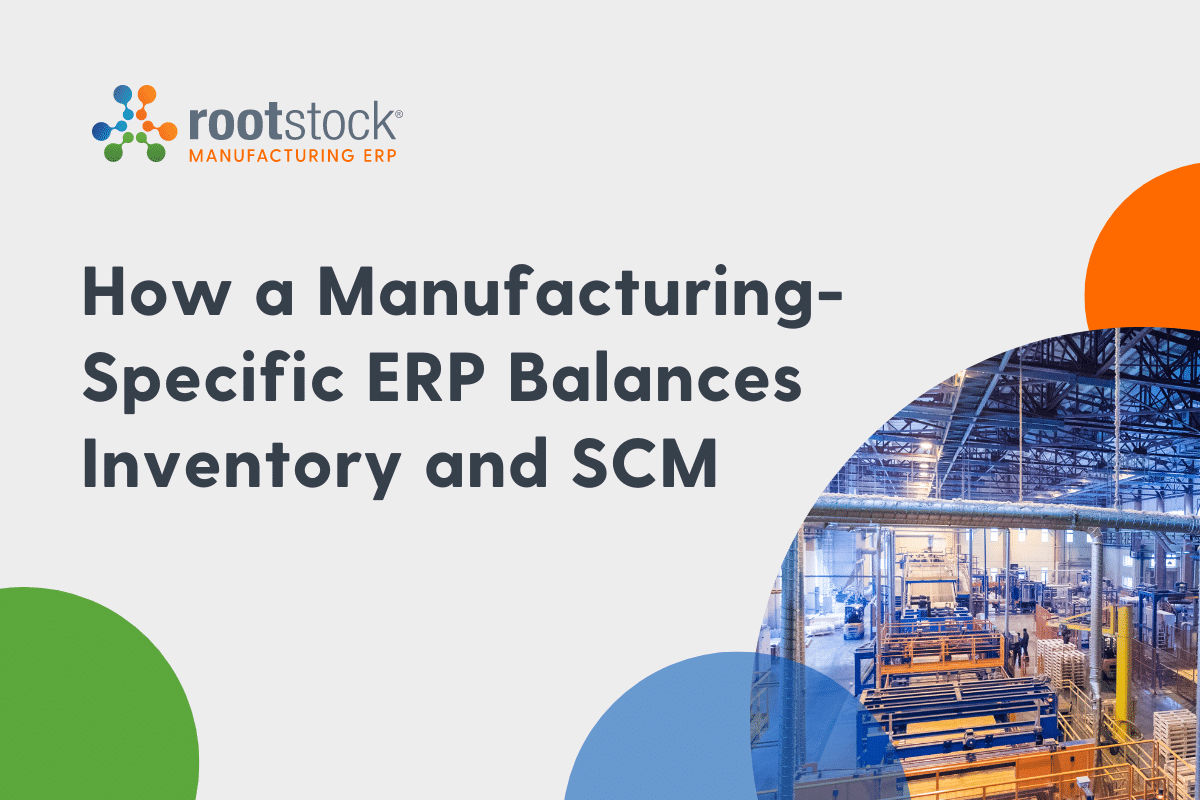Topics of interest
When you think about your supply chain, what do you imagine? Are you thinking about procurement and manufacturing, or do you imagine warehousing and logistics? Are you thinking about how ERP can support your supply chain management strategy?
More likely than not, you’re thinking about all of these and how they can support your production plan. Why? Because the supply chain is full of a lot of moving parts—all of which might impact one another simultaneously.
What is the Role of ERP in Supply Chain Management?
ERP and supply chain management go hand in hand. Supply chain management is a process of planning how organizations supply components and materials across the entire flow of goods or services in order to fulfill demand commitments. ERP plays a significant role in effective supply chain management by managing the movement of goods around a business and connecting the sources of supply and demand.
1. Demand & Planning
One important function of SCM is determining the quantity of materials, products, and resources required, including labor. An ERP system with SCM capabilities creates automatic supply and demand forecasts using historical and real-time data, helping organizations quickly respond to constantly changing supply chains.
2. Sourcing Materials
Another important aspect of supply chain management is procuring materials and identifying the necessary suppliers, sub-contract manufacturers, and distributors. An ERP system with Material Requirements Planning (MRP) capabilities synchronizes demand with the materials required to produce products and houses all vendor information in one system for easy access.
3. Production
In supply chain management, managing the capacity you have across production lines and who you can outsource/sub-contract to for specialty functions or overflow is crucial. An ERP system helps organizations effectively execute a production schedule by housing all production information, including requisitions, purchase orders, and materials replenishment.
4. Delivery
Effective supply chain management involves maintaining relationships with shipping carriers who can provide predictable delivery to meet promised delivery dates. An ERP system with Distribution Requirements Planning (DRP) capabilities tracks shipments, displays the quantity and number of items shipped, and links support and shipping to improve the speed and timeliness of delivery.
5. Finances
Another aspect of supply chain management involves financial management. An ERP system with financial capabilities helps organizations manage the credit limits negotiated with each of the nodes in the supply chain and keeps payments up-to-date to avoid credit freezes.
The Benefits of ERP in Supply Chain Management
Managing demand, planning, materials, vendors, shipping carriers, finances, and replenishment all at once can be difficult and time-consuming without an ERP system. Connecting an ERP system with Supply Chain Management gives organizations the critical visibility necessary to ensure that supply chains can support the production capacity while managing supplier risks. Altogether, connecting an ERP system with SCM software yields significant advantages.
1. 360° Supply Chain Visibility
ERP systems that deploy a common data model benefit the business with advanced analytics shared throughout the supply chain. Connecting an ERP system with SCM integrates operational systems and data so you can synchronize supply and demand to meet customer delivery expectations predictably.
2. Optimized Inventory
An ERP system with inventory management capabilities helps organizations maintain sufficient inventory levels to avoid disruptive stockouts during peak demand while reducing the uncertainty that can lead to expensive excess inventory.
Watch Demo: How your organization can automate inventory and supply chain management in ERP
3. Oversight Over Vendor Performance
The vendors you employ can make or break your business. An ERP system maintains a complete record of all suppliers with any level of detail and facilitates collaboration with suppliers in real time. As a result, organizations make more informed decisions about suppliers and ensure they perform as expected.
4. Data-Driven Decision-Making
ERPs allow organizations to leverage data and glean actionable insights throughout their business. By collecting and analyzing data and generating real-time reports, organizations make critical decisions with the assurance that business intelligence is on their side.
5. Greater Supply Chain Resilience
With greater supply chain visibility with SCM, the control provided by ERP gives you more options to respond to supply chain disruptions versus always being reactionary.
How to Identify the Right ERP To Improve Supply Chain Management
Even more important than adopting an ERP solution is identifying the best one for your business. No two are alike—that’s why you need to take a few key factors into account.
Factors to Consider when Choosing an ERP System:
Ease of Use
ERPs serve your entire manufacturing business including synchronizing your supply chain with your business. The right ERP includes easy-to-use functions for each of the various users from shipping & receiving to production and accounting.
Cost
Traditional hosted ERP systems were expensive to buy and maintain and often did not deliver on their promise of a return on investment (ROI). Subscription-based, cloud ERP solutions include all operating costs such as upgrades and storage providing you with more predictable expenditures and a faster time to value.
Ease of integration
Many SCM solutions can be integrated with your ERP but manual, bespoke integrations can be expensive and cumbersome to maintain. Unified SCM and ERP solutions on a common platform share the same data model and therefore work together natively.
Common data model
ERPs and SCMs that share a common data model operate from a single source of truth ensuring data accuracy. Deploying a cohesive data model from the start will save your team substantial productivity hours that are often lost connecting information and data points.
Cloud-Based ERP
Cloud-based solutions connect every node in your supply chain with all of your manufacturing business processes and data available at any time, from anywhere in the world, and from any connected device. This gives you optimal visibility so you can provide immediate support and control where it’s needed most.
Improve Supply Chain Management with Rootstock Cloud ERP
Bottom line: You need an ERP solution that connects directly to your SCM system to elevate your business for operational excellence. Rootstock’s cloud-based ERP solution is natively built on the Salesforce Platform for an infinitely scalable, single source of truth that delivers a seamless user experience across SCM, ERP, and beyond.
Request a demo of our cloud ERP today to learn more about what Rootstock can do for you and your business.

